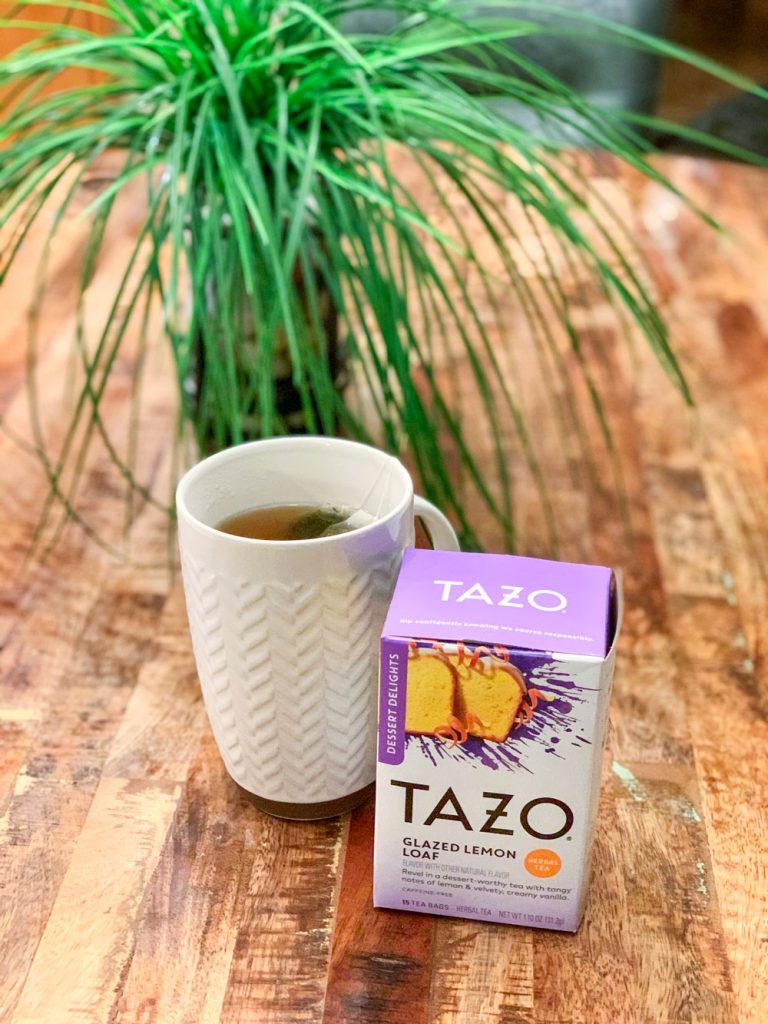Tea for the heart and body
Information submitted by Colleen Morton, R.N., Castle Rock Senior Activity Center Wellness Coordinator; Photo by Terri Wiebold

In addition to the many calming and health benefits of drinking tea, some varieties of tea may aid in weight loss by satisfying sweet cravings. This TAZO dessert tea is caffeine free with zero calories, yet the combination of apple, green rooibos, orange peel, chamomile, rose petals, licorice root and ginger creates a flavor that would make you swear you are indulging in a slice of glazed lemon loaf!
A steamy cup of tea on a cold, snowy day can be the perfect solution to thaw a winter’s chill. Tea is not only known for its warming properties, studies have shown drinking a cup of tea has health benefits for the heart as well. There are herbal and caffeine free varieties as well as many flavors from which to choose, and most have no calories.
Although there are more than 1,500 different varieties of tea, they all come from one plant – the Camellia Sinensis. The difference among the many varieties is the processing, growing conditions and geography. The main categories of tea are white, green, oolong and black, with more types acknowledged by tea aficionados.
White tea is the least processed and made from buds or immature leaves which are steamed and dried. It has been compared in flavor to honey, apricots, peaches and chestnuts. It is subtle and mellow, clean and fresh.
Green tea is produced from freshly-harvested leaves which are immediately steamed to prevent oxygen exposure. Oolong tea is exposed to oxygen for a short time for some oxidation while black tea is fully oxidized. The results of different degrees of oxidation affect the health-promoting components, making each type unique compared to one another.
Both green and black teas are rich in compounds called flavonoids that help reduce inflammation, which is linked to heart disease. While studies show drinking tea has a positive result on reducing inflammation, the studies don’t definitively prove a correlation in a reduction of heart disease. Research also shows drinking these teas can lower cholesterol and improve blood vessel function.
Most tea contains caffeine, white having the least and black having the most. Anyone watching caffeine intake should note, tea has less than coffee. For those looking to completely eliminate caffeine consumption, herbal teas do not contain any. Herbal teas are not made from the Camellia Sinensis plant, but rather other herbs and leaves and are a good choice before bedtime.
Studies may be inconclusive on the overt health benefits of drinking tea, but having a cup on a chilly day will definitely warm up a cold body and may even help with inflammation, high cholesterol and blood vessel function.